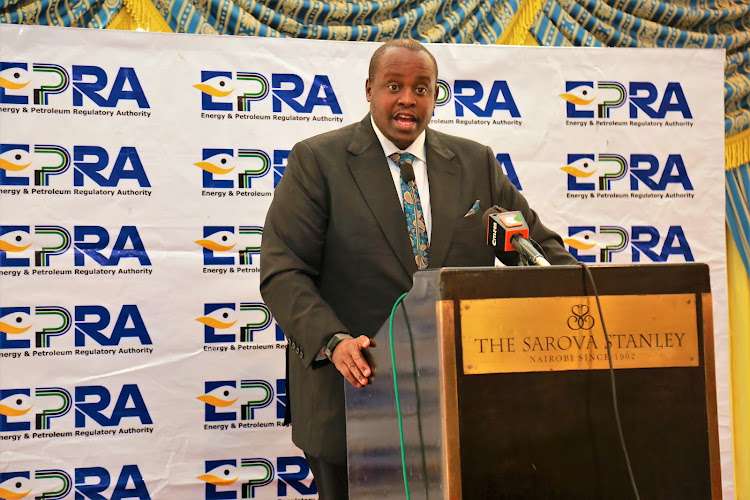The Energy Regulatory Authority (EPRA) is anticipated to revise fuel prices downwards in its upcoming review on February 15, 2024, in response to a decline in global fuel prices.
EPRA typically bases its pricing adjustments on the prevailing international crude oil prices, particularly Murban crude, which has experienced a downward trend since December 2023. Murban crude, extracted from onshore fields in Abu Dhabi, serves as a key benchmark for EPRA’s pricing cycles.
Recent data from the Central Bank of Kenya (CBK) indicates that Murban oil prices fell to US$79.41 per barrel on February 8th, down from US$80.47 per barrel on February 1st, 2024.
The global decline in fuel prices can be attributed to weakened demand stemming from sluggish economic conditions in major economies like China and the USA. EPRA’s decision may also be influenced by neighbouring Tanzania, which reduced petroleum product prices by 1.07% in its latest review.
The reduction in fuel prices by Tanzania’s Energy and Water Utilities Regulatory Authority (EWURA) has prompted Kenyan motorists to seek cheaper fuel alternatives across the border.
Meanwhile, EPRA Director General David Kiptoo announced the inclusion of two additional oil firms, One Petroleum Ltd and Asharami Synergy Ltd, in the government-to-government oil import deal. However, questions regarding the legality and terms of this arrangement persist within the local oil market.
The recent introduction of a 16% VAT on petroleum products through the Finance Bill, 2023, has contributed to higher fuel pump prices in Kenya. Currently, diesel, super petrol, and kerosene retail at KSh 207.36, KSh 196.47, and KSh 194.23 respectively, following EPRA’s previous price adjustments.





